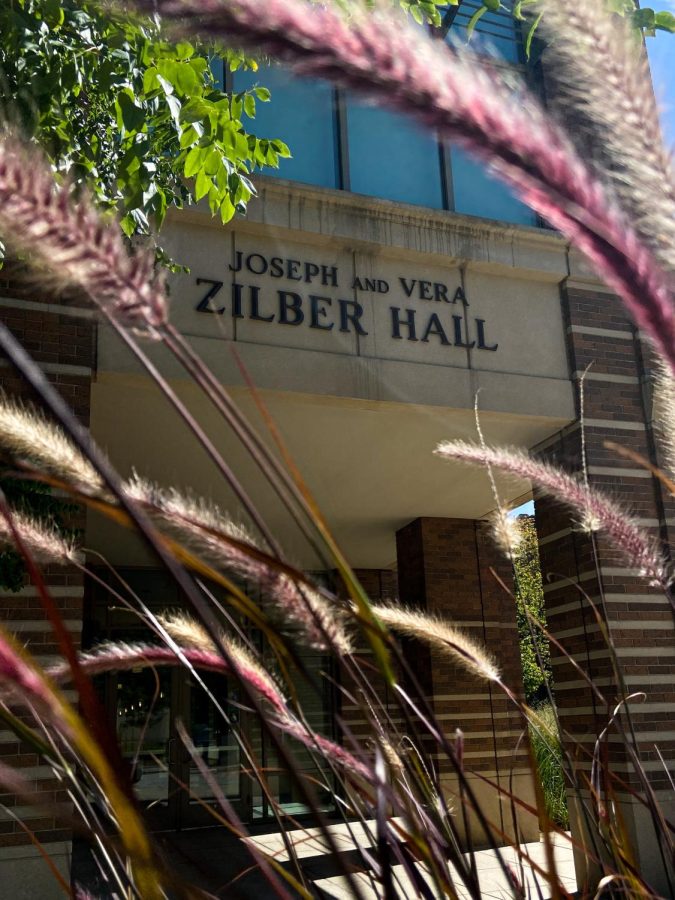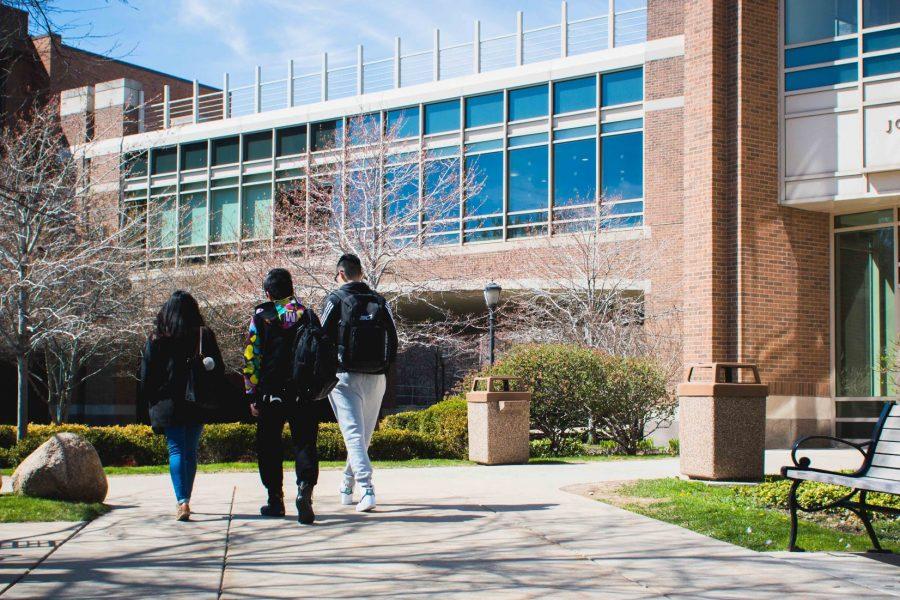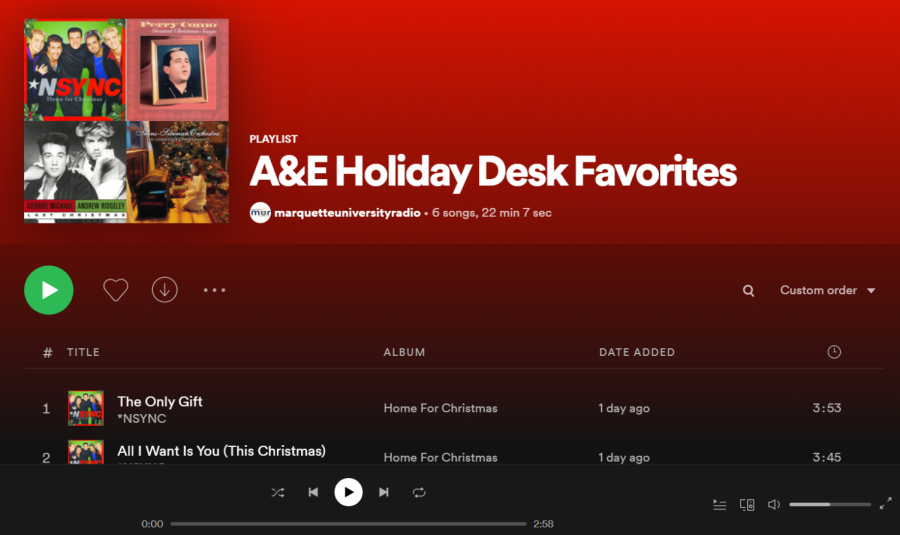Students at Michigan State University and the University of Virginia recently advocated for changes to their academic calendars to make Election Day a class holiday. Marquette should consider a similar policy to increase its students’ democratic participation and give them time to overcome registration obstacles.
Several notable universities already cancel classes on Election Day, including Columbia University, Clemson University and University of Montana. Marquette University Student Government has held initial discussions with some university administrators about having a class holiday on federal election days after 2018, according to MUSG Legislative Vice President Daniel Brophy.
Millennials make up a majority of the eligible voting population, but are unlikely to cast a majority of votes this election. Young voters are especially unlikely to turn out in midterm election years. According to Tufts University, 19.9 percent of 18- to 29-year-olds voted in the 2014 midterms, the lowest rate of youth turnout recorded in the past 40 years.
Youth voters have been historically underrepresented in elections and creating an election holiday increases their ability to make time to go to the polls.
College students’ busy schedules are a major reason they may choose not to vote. Students have exams, essays and projects to work on, which often take precedence over voting. They may also have conflicts with work, sports and student organizations. In 2016, 14 percent of non-voters cited “being too busy or having a conflicting schedule” as their reason for not voting, according to Pew Research Center.
Universities have an obligation to start students on the path to being democratically active. Most students become eligible to vote in their first federal election shortly after they start college. The act of voting is formed by habit, as voting in one election greatly increases the probability of voting in future elections, according to research from political scientists at Columbia University.
Critics argue that it’s unclear if students would actually use the class holiday to go out and vote. However, there’s evidence to suggest that giving people time off is an effective tool for mobilizing voters. Political scientists at Brigham Young University predicted that creating a national Election Day holiday would increase voter turnout by 16 percentage points.
University students also face unique voting registration obstacles, and figuring out the necessary requirements can be a time-consuming process. An Election Day holiday would allow them more time to figure out how they can and should vote.
The Wisconsin voter ID law can be an initial cause for student confusion. Wisconsin voters must show a photo ID when voting, but Marquette-issued student IDs are not an accepted form of identification. Instead, many out-of-state students must obtain a voter ID at Union Station in the Alumni Memorial Union. Confusion over the voter ID law led to hours-long wait times in the Alumni Memorial Union during the Wisconsin presidential primary in 2016, according to an article from the Marquette Wire.
Students also change their addresses more frequently than the average voter. If a students move to new addresses between elections, they need to update their records by submitting new voter registration. This address change may also alter their polling places.
Another challenge students may face is unfamiliarity with the political scene of Milwaukee County. They may want to vote in their home districts instead of on campus, as they have more knowledge of the election issues and candidates. At Marquette, 42 percent of first-year students are from Illinois, while 32 percent are from Wisconsin, according to Marquette’s Office of Institutional Research and Analsyis. If these students were given the day off, some might take the opportunity to drive home and vote.
Students who are already civically engaged may be more likely to understand the voting obstacles they could face, allowing them to contribute to the election process on Election Day. These students can use the extra time that a class holiday would allow for to work as poll workers, help other students work through the voting process or volunteer to drive people to and from the polls.
Marquette should institute an Election Day holiday to combat low turnout rates among youth voters and give students time to overcome registration obstacles. This policy would help ensure that students understand how to participate in our democracy now and in life after college.





